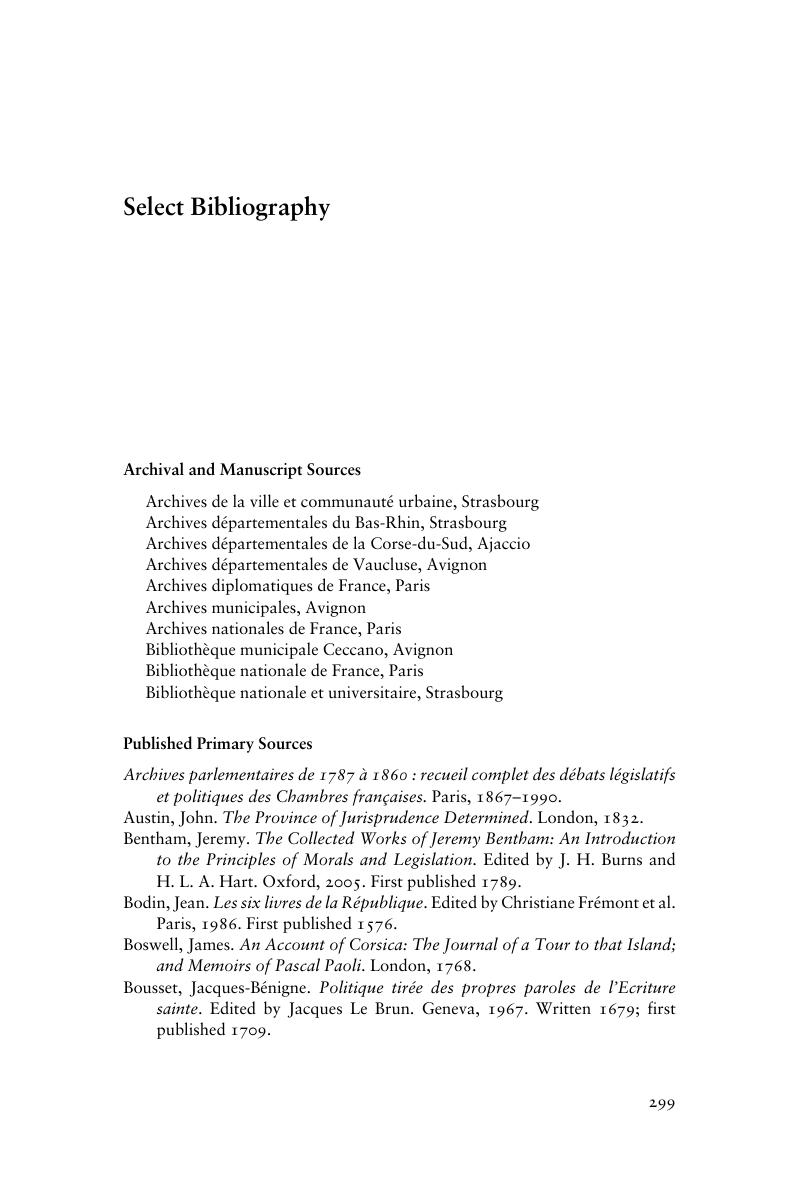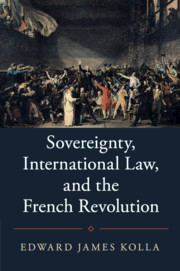Book contents
- Sovereignty, International Law, and the French Revolution
- Studies in Legal History
- Sovereignty, International Law, and the French Revolution
- Copyright page
- Dedication
- Contents
- Maps
- Acknowledgments
- Introduction
- 1 Popular Sovereignty and International Law on the Periphery of France
- 2 The Union of Avignon and the Challenges of Self-Determination
- 3 Revolutionary Power and the Annexation of Belgium
- 4 Strategic Interests, Survival, and the Left Bank of the Rhine
- 5 Between Subject and Sovereign States: Sister Republics in the Netherlands, Switzerland, and Italy
- Conclusion
- Select Bibliography
- Index
- References
Select Bibliography
Published online by Cambridge University Press: 28 September 2017
- Sovereignty, International Law, and the French Revolution
- Studies in Legal History
- Sovereignty, International Law, and the French Revolution
- Copyright page
- Dedication
- Contents
- Maps
- Acknowledgments
- Introduction
- 1 Popular Sovereignty and International Law on the Periphery of France
- 2 The Union of Avignon and the Challenges of Self-Determination
- 3 Revolutionary Power and the Annexation of Belgium
- 4 Strategic Interests, Survival, and the Left Bank of the Rhine
- 5 Between Subject and Sovereign States: Sister Republics in the Netherlands, Switzerland, and Italy
- Conclusion
- Select Bibliography
- Index
- References
Summary

- Type
- Chapter
- Information
- Sovereignty, International Law, and the French Revolution , pp. 270 - 298Publisher: Cambridge University PressPrint publication year: 2017



